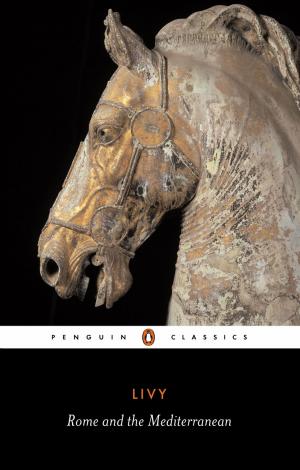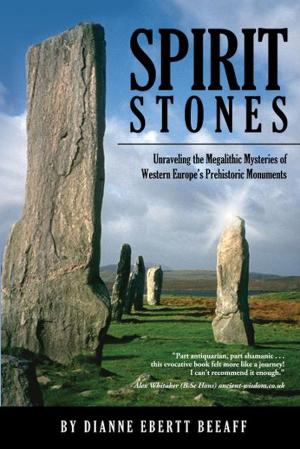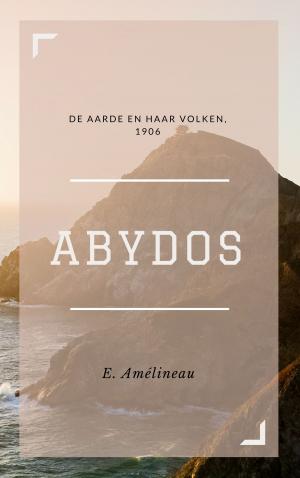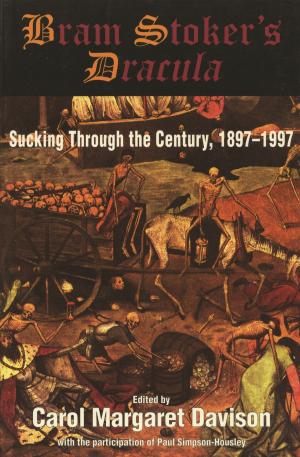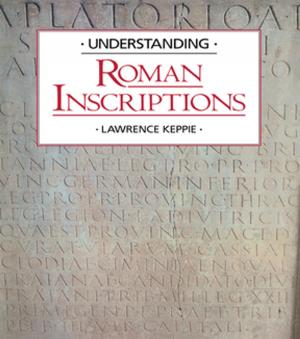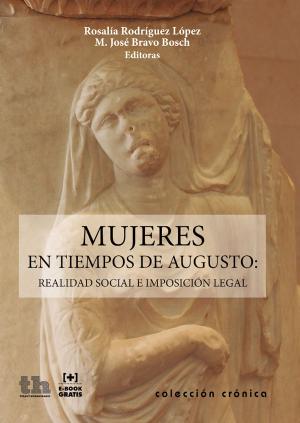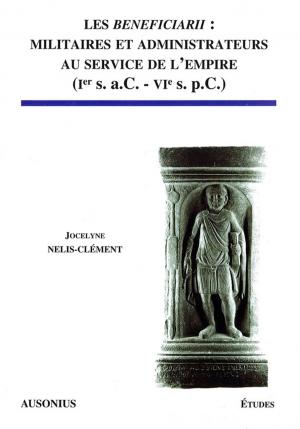Famous Indian Chiefs
Their Battles, Treaties, Sieges, and Struggles with the Whites for the Possession of America (Illustrations)
Nonfiction, History, Reference, Historiography, Military, United States, Ancient History| Author: | Charles H. L. Johnston | ISBN: | 1230000316071 |
| Publisher: | BOSTON. L. C. PAGE & COMPANY. PUBLISHERS | Publication: | March 24, 2015 |
| Imprint: | Language: | English |
| Author: | Charles H. L. Johnston |
| ISBN: | 1230000316071 |
| Publisher: | BOSTON. L. C. PAGE & COMPANY. PUBLISHERS |
| Publication: | March 24, 2015 |
| Imprint: | |
| Language: | English |
Example in this ebook
Upon a beautiful day in July, 1492, two brown-skinned Spaniards lay upon the wharf that jutted far out into the waters of the blue Mediterranean Ocean at Palos, Spain, and looked meditatively in the direction of the far West. From their dress it could be easily seen that they were sailors, and from their conversation it was only too evident that they were speculating upon questions that then stirred the thoughts of many intelligent seafarers.
"As you watch a ship, its hull first disappears upon the horizon, then the spars, and then the masts, themselves," said one, "which leads me to the belief that mayhap we shall—in some of our voyages—come to a point where we shall fall from the centre of the earth and disappear into the heat of a fiery furnace."
The other smiled. "I am of that opinion myself," he answered, "but I do not feel the same fear of toppling off from the edge of things when I am on inland water, for in the Caspian Sea I have found that there is an end to all water courses and bodies of water that are of smaller size than that before us. In maps, I see that gnomes, dragons, hydras, and fire-breathing snakes are pictured in the unexplored distances. Serpents of great size and ferocity are supposed to live in the fiery caldron before us. Virgil, himself, speaks of them, and, as for myself, I wish that I might have the opportunity of seeing what is beyond the coast of Africa, which is the farthest point that I have ever reached in some fifteen years of wandering upon the ocean. 'Tis said that Cathay, by some called China, lies beyond the horizon, and is a land full of intelligent people ruled over by the mighty Khan."
"Well," continued the first, "I think that your wish to view the other world will soon be fulfilled, for rumor has it that Christopher Columbus—whom some say is half crazy with ideas that this world is round, and other strange fancies—is soon going to be able to take a trip across the sea, lying in front of us. Friends tell me that he has, at last, obtained money and ships from the King and Queen, and that he is about to venture forth in search of Cathay. You must hurry, my friend, if you would join his crew, for men tell me that the idea is popular, and that many wish to take passage with him."
The second seaman leaped to his feet. "I will go at once and see if I cannot get a place," he said, and, without more ado, he walked hastily to the narrow street which led into the town.
Not many weeks later, three little caravels: The Nina, The Pinta, and The Santa Maria, left their anchorage in front of the quaint seaport of Palos, and, propelled by a gentle breeze, made off towards the Straits of Gibraltar. On board was Christopher Columbus: dreamer, navigator, astronomer, mathematician, and the first white man to leave a record of a trip to the West Indies. The two Spaniards who had lain upon the wharf of Palos were with him, and, with spirits filled with the hope of new and strange adventures, the steersmen guided the vessels towards the unknown West.
Eventually the keen-eyed mariners sighted land, and, thinking that they had arrived at India, the Spaniards called the natives Indians, when they had reached the shore and were surrounded by copper-colored people. These savages were, at first, greatly afraid of the fair-haired strangers and refused to meet them on friendly terms, but, after they understood that the voyageurs would not injure them, they began to barter and trade in a friendly and intimate manner.
To be continue in this ebook
Example in this ebook
Upon a beautiful day in July, 1492, two brown-skinned Spaniards lay upon the wharf that jutted far out into the waters of the blue Mediterranean Ocean at Palos, Spain, and looked meditatively in the direction of the far West. From their dress it could be easily seen that they were sailors, and from their conversation it was only too evident that they were speculating upon questions that then stirred the thoughts of many intelligent seafarers.
"As you watch a ship, its hull first disappears upon the horizon, then the spars, and then the masts, themselves," said one, "which leads me to the belief that mayhap we shall—in some of our voyages—come to a point where we shall fall from the centre of the earth and disappear into the heat of a fiery furnace."
The other smiled. "I am of that opinion myself," he answered, "but I do not feel the same fear of toppling off from the edge of things when I am on inland water, for in the Caspian Sea I have found that there is an end to all water courses and bodies of water that are of smaller size than that before us. In maps, I see that gnomes, dragons, hydras, and fire-breathing snakes are pictured in the unexplored distances. Serpents of great size and ferocity are supposed to live in the fiery caldron before us. Virgil, himself, speaks of them, and, as for myself, I wish that I might have the opportunity of seeing what is beyond the coast of Africa, which is the farthest point that I have ever reached in some fifteen years of wandering upon the ocean. 'Tis said that Cathay, by some called China, lies beyond the horizon, and is a land full of intelligent people ruled over by the mighty Khan."
"Well," continued the first, "I think that your wish to view the other world will soon be fulfilled, for rumor has it that Christopher Columbus—whom some say is half crazy with ideas that this world is round, and other strange fancies—is soon going to be able to take a trip across the sea, lying in front of us. Friends tell me that he has, at last, obtained money and ships from the King and Queen, and that he is about to venture forth in search of Cathay. You must hurry, my friend, if you would join his crew, for men tell me that the idea is popular, and that many wish to take passage with him."
The second seaman leaped to his feet. "I will go at once and see if I cannot get a place," he said, and, without more ado, he walked hastily to the narrow street which led into the town.
Not many weeks later, three little caravels: The Nina, The Pinta, and The Santa Maria, left their anchorage in front of the quaint seaport of Palos, and, propelled by a gentle breeze, made off towards the Straits of Gibraltar. On board was Christopher Columbus: dreamer, navigator, astronomer, mathematician, and the first white man to leave a record of a trip to the West Indies. The two Spaniards who had lain upon the wharf of Palos were with him, and, with spirits filled with the hope of new and strange adventures, the steersmen guided the vessels towards the unknown West.
Eventually the keen-eyed mariners sighted land, and, thinking that they had arrived at India, the Spaniards called the natives Indians, when they had reached the shore and were surrounded by copper-colored people. These savages were, at first, greatly afraid of the fair-haired strangers and refused to meet them on friendly terms, but, after they understood that the voyageurs would not injure them, they began to barter and trade in a friendly and intimate manner.
To be continue in this ebook

